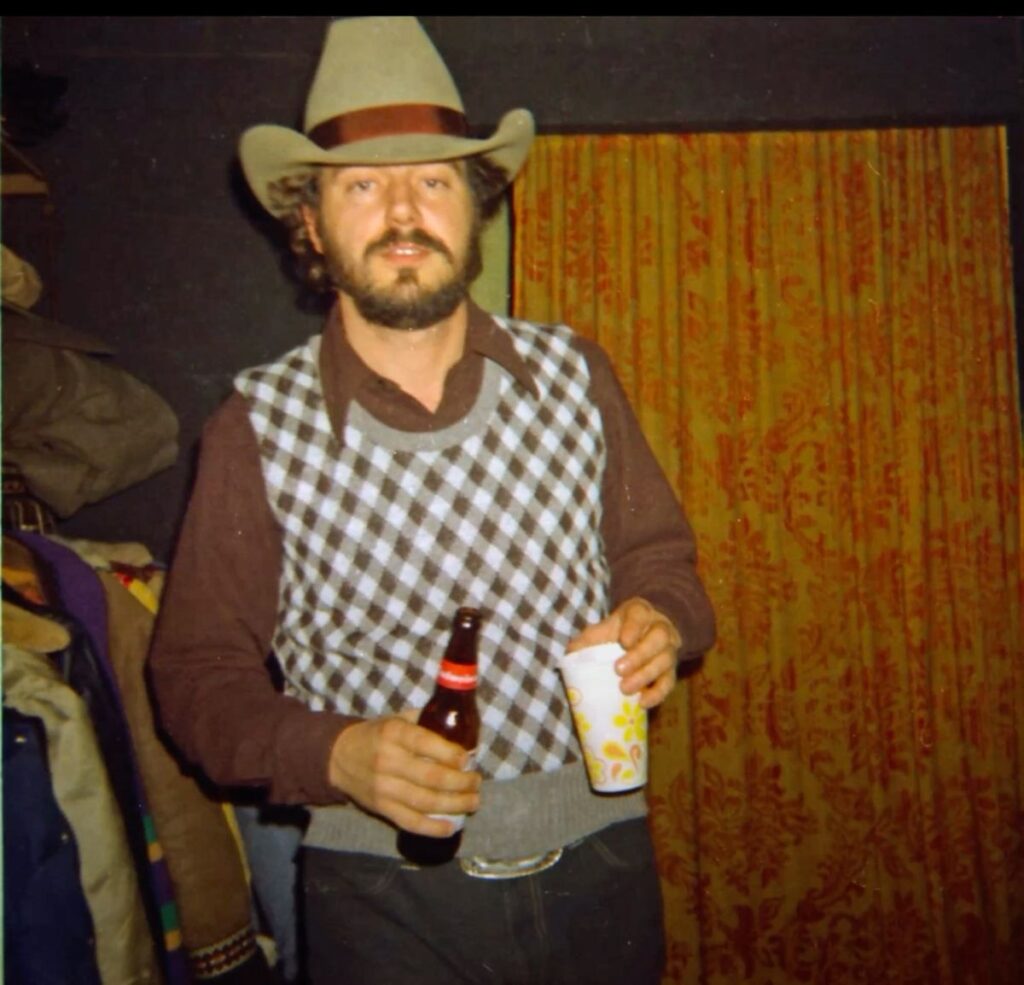
An Anthem of the Open Road and the Enduring Spirit of the Wandering Minstrel
“Gypsy Songman” stands as the quintessential self-portrait of its creator, the great Jerry Jeff Walker—a beautiful, dusty roadmap of a life spent in perpetual motion. It is less a conventional ‘single’ with a clear chart history from a specific original album release, and more of a lifelong manifesto that came to define the outlaw country legend. While his most famous song, “Mr. Bojangles,” charted nationally in 1968, the title track “Gypsy Songman” became the spiritual anchor of his later independent career. Its formal release was on a 1987 double LP/cassette of the same name, Gypsy Songman, through his and his wife Susan’s self-started label, Tried & True Music, a bold move that helped pave the way for other independent artists. Because it was an independent release later in his career and primarily a retrospective of his work, “Gypsy Songman” didn’t hit the major national Billboard charts in the traditional way, but it became a resounding success within his dedicated fan base, a touchstone that perfectly encapsulated his entire rambling existence.
The Road Less Traveled and a Life Reborn
The story behind “Gypsy Songman” is, in essence, the story of Ronald Clyde Crosby becoming Jerry Jeff Walker. Born in Oneonta, New York, Walker didn’t find his true calling until he shed the conventional life and took to the road in the early 1960s, traveling cross-country—from the folk haven of Greenwich Village to the street corners of New Orleans. He was a genuine street singer for years, living by his wits, his voice, and his guitar, embodying the romantic ideal of the troubadour. This period was crucial, forging the character who would write songs like “Mr. Bojangles” after a night spent in a New Orleans drunk tank. The core meaning of “Gypsy Songman” is a proud and defiant defense of that life, a life built on freedom over comfort and experience over possessions. It is a heartfelt rejection of the nine-to-five world and a celebration of a man who makes his living and his art from the very act of traveling.
The song is deeply autobiographical, chronicling the joys and hardships of perpetual movement, where a suitcase is your only commitment and the next town is your only deadline. It paints a picture of a man who, though often broke and sometimes lost, is rich in stories, friends, and the raw, beautiful experience of the American landscape. It’s a nostalgic nod to those formative years of “ramblin’ and scramblin’,” as he once described his footloose period.
A Wistful Look Back: The Meaning for a Generation
For an older generation, “Gypsy Songman” resonates with a wistful sense of shared experience, whether they actually rode the rails or simply dreamed of doing so. It taps into the deep-seated American yearning for freedom—the idea that happiness is found on the horizon, not behind a desk. The lyric, though simple, speaks volumes: “I’ve sung all my songs in a hundred different places / And I will sing some more for a million different faces.” It’s not about fame; it’s about the continuous act of sharing one’s soul through music. The song is a quiet assurance that a life lived authentically, on one’s own terms, is a rich life, regardless of monetary or mainstream success. It encapsulates the spirit of the Outlaw Country movement that Walker helped inspire—a move back to raw honesty and away from the slick Nashville sound. Listening to it now is like sitting across from an old friend, a little worn around the edges but with eyes full of the endless roads he’s traveled. It evokes the feeling of a late night in a dimly lit Texas honky-tonk, where the beer is cold and the stories are true, making us reflect on the paths we chose and the wildness we might have left behind.